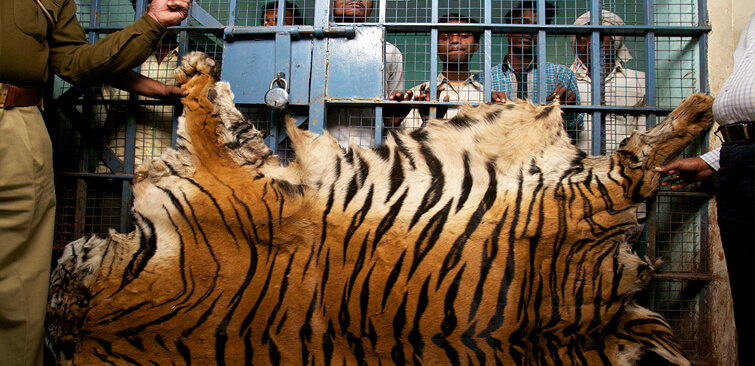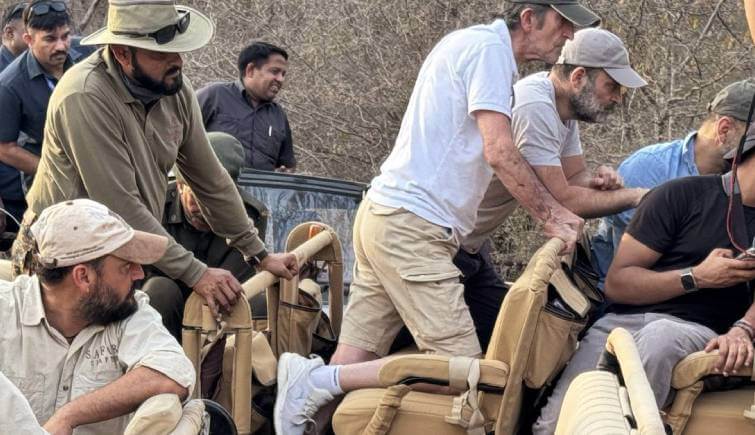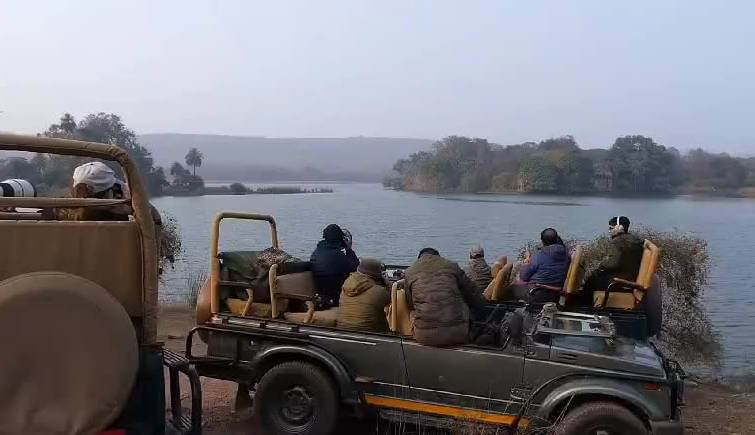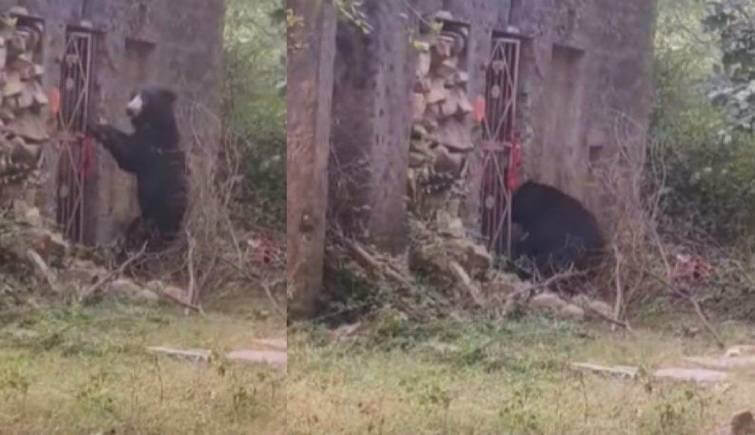
28 Jul, 2017
International Tigers’ Day 2017: Are We Doing Our Bit to Save Tigers?
Irony sometimes can really thrill us, we call the animals living in the forests or in the natural ambience ‘wild,’ well what are the odds, the word itself comes back as a boomerang, reflecting our own character prominently.
3890 Tigers Question their Safety...What Answer Do We Have for Them?
With the world noticing a drastic tiger population dwindle from an estimated 100,000 to as few as 3,890; the question that has probably been haunting many of us is: What are we going to do about saving the tigers? Well, we might have a few prototype answers, some of which do have efficiency proofs attached to them, but a well-aligned answer is yet to be framed. In other words, we need to put more efforts, not only for the tigers but to save this planet as a whole. And it is only possible, when each of us realizes his responsibility and the level of danger we are leading ourselves to by ignoring what we can save with little more efforts.
Knowing the Enemy is the First Step Toward Saving Tigers

Know How Rich the Wildlife Trafficking Industry is Becoming
An effective measure can only be taken if we go in the depths of what is making the condition of tigers so miserable in the world; who are the enemies and what do they seek. So, apparently, the number one enemy that kind of spills water on every effort is the greed of making money. It has to be noted that for poachers, every tiger part, right from the teeth to the fur is a way of making millions of dollars, and this is what has robbed the face of the earth with presence of a large number of these beautiful big cats. It shouldn’t come as a surprise to you that the wildlife trafficking market makes around whopping US$20 billion per year, in which a large amount is made due to the sale of tiger body parts.
Know How Human Population Inflation is Costing Tigers their Life
In fact, in countries like India, where the Royal Bengal Tiger can be found, deforestation and human population are also the major contributors in lowering their number. The expansion of human population have forced people to settle in the suburban areas, where they clear off the forest areas in order to build home, in fact indirectly they are responsible for displacing tigers and other wild animals from their original habitat. Consequently, a large number of animals have lost life and there is a constant threat of them becoming extinct.
Know How Unsafe Corridors are Golden Gates for Poachers
Another major issue that haunts the survival of tigers is the unsafe corridors for migration. Despite the safety ensured by several national parks around the world, there lacks safety guarantee of the area intra and inter country borders, where if estimated, a large number of tigers lose their life at the hands of the poachers. There has been talks and discussions over this grave issue over and over again, however, the problem seem to have stayed pretty much the same.
Know How Our Rat Race is Robbing Us off the Chance to Save Tigers
Even though, there are a number of reasons that can contribute in tigers’ diminishing population, lack of attention and lesser sense of responsibility from our end is one of the major causes. It is true, often in our busy lives, we do not stop and look around, leave aside being observant. This is why, we are unable to report cases of wildlife trafficking or making others aware about this illegal trade. In fact, we are reluctant in making donations for animal welfare, and we are always skeptical to lend a hand of help to those who have dedicated themselves for it. In this detestable process what we have forgotten is that we have a responsibility to fulfill, and that our lives depend upon the wildlife and everything on this planet Earth.
So, What Needs to Be Done?
It is simple, a prototype answer for this would be: ‘Do Your Bit,’ and be consistent in it. This International Tigers’ Day, open your eyes to the plight of the tigers, and that of other wild animals. Start believing in the fact that we all exist because there is something called ‘symbiosis.’ Do not wait for others to initiate a noble cause, always remember that your smallest of action can change things drastically (in positive way, of course). If at all you are unable to take time off from your busy schedules, try making a donation to a reliable animal welfare organization like WWF. Stay conscious about your surroundings, if suspicious about any wildlife product being used/trafficked, report it to the concerned authority. Keep yourself updated and aware with reading/following news and related. There are indeed plenty of ways you can contribute in saving the tigers, however, the first thing required is realizing your responsibility and the importance of a balanced environment.












 Share
Share Home
Home Packages
Packages Book Now
Book Now